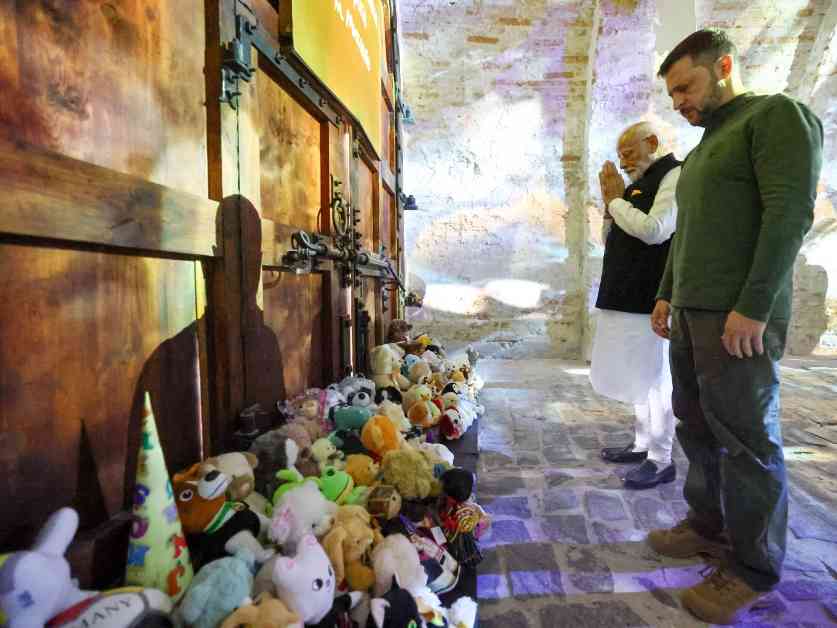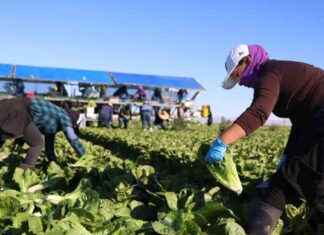Russia-Ukraine War: Key Events Timeline, Day 911
As the Russia-Ukraine war enters its 911th day, the conflict continues to escalate with significant developments unfolding on Saturday, August 24, 2024. From diplomatic efforts to aid provisions, fighting on the ground, and the imposition of sanctions, here are the key events shaping the ongoing crisis.
Diplomacy and Aid:
The United States has pledged a new round of military assistance to Ukraine following a phone call between Ukrainian President Volodymyr Zelenskyy and US President Joe Biden. The aid package, valued at $125 million, includes air defense munitions, ammunition, and anti-armor missiles, underscoring America’s commitment to supporting Ukraine in its fight against Russian aggression.
In a significant statement, European Commission President Ursula von der Leyen expressed optimism about Ukraine’s path towards joining the European Union, noting the country’s rapid progress. This message of solidarity and support comes at a crucial time for Ukraine as it seeks to strengthen its ties with the EU and solidify its position on the international stage.
Indian Prime Minister Narendra Modi’s visit to Kyiv marked a milestone in India-Ukraine relations, with Modi urging Zelenskyy to engage in dialogue with Russia to bring an end to the conflict. Offering to act as a mediator, Modi extended a hand of friendship to help facilitate peace talks, emphasizing India’s commitment to upholding Ukraine’s territorial integrity and sovereignty.
Ukrainian Defense Minister Rustem Umerov announced substantial military aid from Latvia amounting to 112 million euros ($125 million) this year. This assistance will bolster Ukraine’s defense capabilities and enhance its ability to counter Russian aggression, reflecting the solidarity and support from European allies in the face of ongoing hostilities.
Fighting:
In a troubling development, Russia declared a state of emergency in part of the Voronezh region following an overnight drone attack near the Ukrainian border. Governor Alexander Gusev reported that Russian forces intercepted five drones, but falling debris ignited a fire, resulting in the detonation of explosive materials. This incident underscores the volatile nature of the conflict and the escalating tensions between the two neighboring countries.
Ukraine’s Navy confirmed the destruction of a ferry in the Russian port of Kavkaz, which was used to transport fuel and weapons to occupied Crimea. This targeted strike aimed at disrupting Russian supply lines demonstrates Ukraine’s strategic efforts to weaken Russian military capabilities and assert control over disputed territories, further intensifying the conflict in the region.
Amidst heightened hostilities, Russia suspended a ferry service between southern Russia and Crimea after a Ukrainian attack targeted a vessel carrying fuel. The Ministry of Transport cited security concerns following the incident, highlighting the vulnerability of maritime transport routes in the Black Sea region and the risks posed by ongoing military confrontations in the area.
A Russian attack in Ukraine’s northeastern Kharkiv region resulted in the tragic deaths of at least two civilians and injuries to two others, according to the regional governor. This latest escalation of violence underscores the devastating impact of the conflict on civilian populations and the urgent need for de-escalation efforts to prevent further loss of life and destruction in the war-torn region.
Former United Nations weapons inspector Hans Blix expressed confidence that Russian President Vladimir Putin would not jeopardize the safety of Ukraine’s Zaporizhzhia nuclear power plant, dismissing concerns of a potential catastrophe. Blix’s assessment comes amidst mounting international apprehension over the security of the nuclear facility, underscoring the importance of safeguarding critical infrastructure in the midst of armed conflict.
Sanctions:
The United States took decisive action by imposing sanctions on over 400 entities and individuals, including several Chinese companies, for their support of Russia’s war efforts in Ukraine. This move signals Washington’s commitment to holding accountable those who enable or contribute to the conflict, demonstrating a firm stance against actors complicit in fueling the ongoing hostilities in the region.
In a related development, the European Commission rejected requests from Hungary and Slovakia to mediate a consultation procedure with Ukraine regarding sanctions imposed on Russian oil producer Lukoil. The EU’s executive body reiterated its commitment to enforcing sanctions and upholding the integrity of its measures against entities involved in the conflict, underscoring the importance of unity and coherence in the international response to the crisis.
As the Russia-Ukraine war enters its 911th day, the situation remains fluid and volatile, with diplomatic efforts, aid provisions, fighting on the ground, and sanctions shaping the evolving landscape of the conflict. The international community’s engagement and response to the crisis will play a crucial role in determining the trajectory of the conflict and the prospects for peace and stability in the region.



























